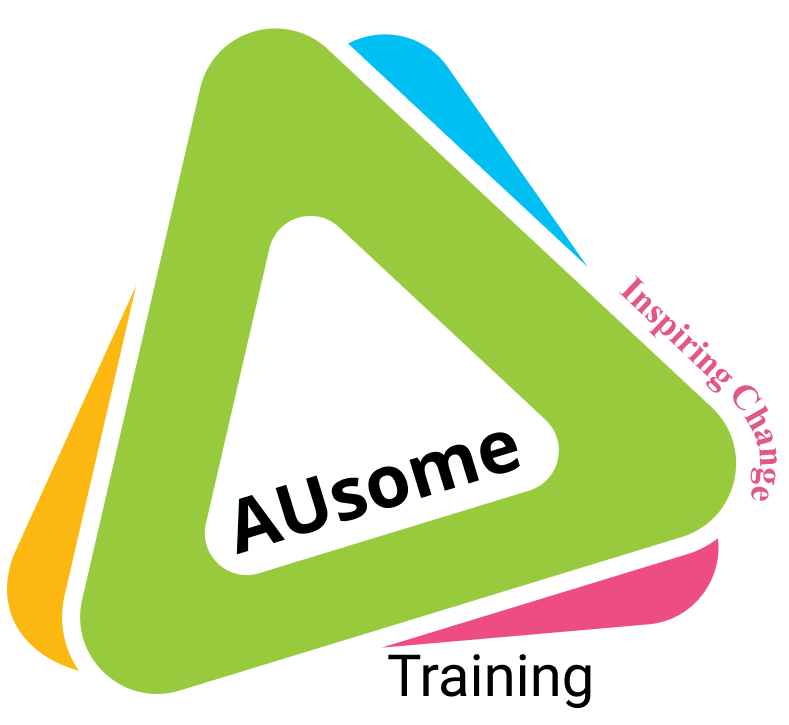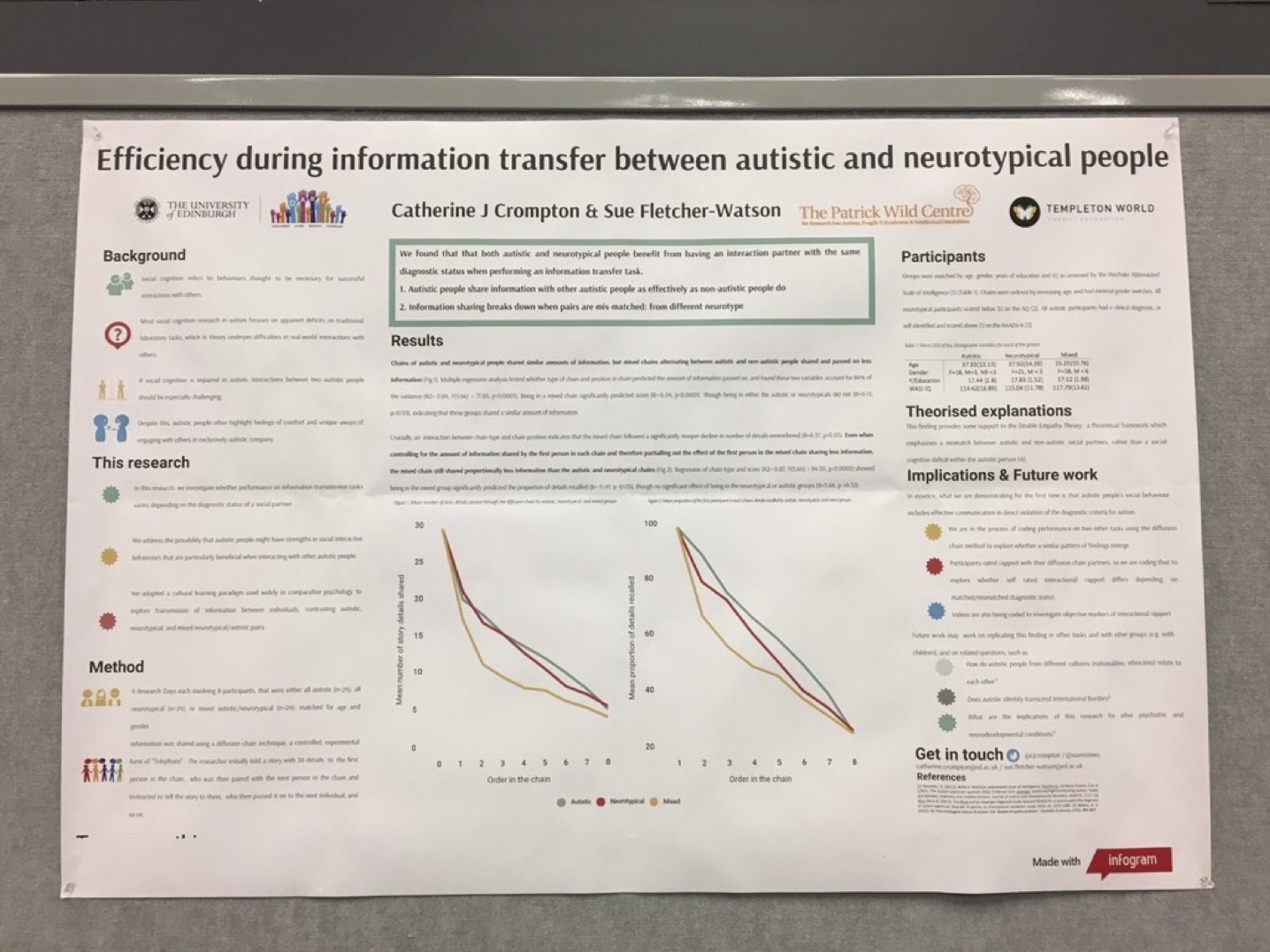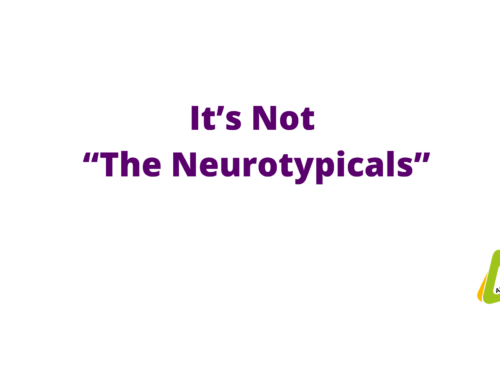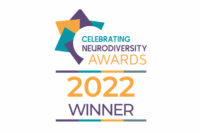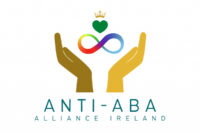We hear a lot about deficits in autism and communication. But we are really just talking about differences in communication. When I was identified as Autistic in 2014 my very first impulse was to create a communications course to teach kids how to navigate the social world. I had learned so many lessons the hard way that I really wanted to create something that would save children from what I had experienced growing up. As I had been teaching speech and drama for almost 20 years it just seemed natural to create a course which taught through drama.
I feel that drama is often overlooked as a powerful teaching tool even though elements of drama are widely used in lots of professions from Occupational Therapy to Customer Service Training.
I created a communication course based on what I had researched on “social skills” at the time. I also used a lot of my own experiences to shape the course as well as incorporating the shared experiences of other Autistic people I had come to know. I presumed that my course was similar to other “Social Skills” Courses but it wasn’t until almost four years later that I realised how different mine was.
I attended a three day conference by a “leading” social skills trainer. Wow did my eyes open! Over the course of those three days I began to realise just how some professionals viewed us. The main focus of this training was to teach Autistic children to behave in an expected way . The premise of the training was that if Autistic kids behaved in an expected way then they would be accepted. Acceptance was the “payback” for masking our true way of communicating and being. Sadly, whether we mask or not, we are still not accepted so this premise is really just a way to make others feel ok around us.
I could say I had a lightbulb moment but it was more like being struck by a bolt of lightning. I very suddenly realised that this is what society has done to Autistics for generations. My course was written from a protective place. I didn’t want any other children to go through life confused and ashamed. My course was about teaching them to interpret others around them, not to become masked people pleasers.
Teaching Non-Autistic Language
After that I realised that I was teaching non-autistic language and culture, not “social skills”. We should all have the freedom to be ourselves. There are so many courses and techniques available to teach Autistic children social skills. But unfortunately the majority of them are based on the idea that Autistic people do not have any social skills. The idea that we have to be directly taught how to share, take turns and communicate is based on inaccurate understanding of our way of communicating.
We are highly sensitive to our world. That’s often referred to as having “sensory issues”, but if we are highly sensitive then we are communicating with our world and the people in it constantly. Unfortunately professionals have failed to appreciate our way of communicating and just decided that we don’t know how to communicate just because it differs from non-autistic communication. How would autism magically create these defined differences anyway? It actually makes no sense really that “autism” would just make a person not read body language and social cues. No wonder they never figured it out, they were looking at it all wrong! Autism and communication has been studied for over a century and yet no answers. The answer is that Autistic children exist because Autistic adults exist. Autistic people exist today because we had Autistic ancestors and our way of communicating has been passed down through the ages.
If you meet a person from another country do you think “wow they have deficits in communication” or do you realise that they have their own way of communicating which differs from yours and make an effort to meet them half way by adapting your communication?
Research into Autism and Communication
Thankfully there has been some research carried out on Autistic Communication and I look forward to seeing a lot more. We also have research as well as anecdotal evidence on how masking can negatively impact our mental health and sense of self. So why is it that there are still hundreds, if not thousands of courses, “therapies”, and books teaching Autistic kids and teens to mask?

My course has developed over time alongside my own knowledge and acceptance. Three years ago I developed it into a course for parents and professionals so that I can help bridge the gap in understanding and the gaps between Autistic and non-autistic communication. Communication is a two-way thing after all!
Masking who we are does not work for us.
While we all want to fit in it’s important that we fit in as ourselves and not as who others would like us to be. That is not fitting in. That is pretending and as someone who spent most of my life pretending I would not wish it on anyone. There are plenty of ways that we can teach Autistic children about non-autistic language and culture while nurturing a positive self identity and our social skills courses offer lots of advise and practical fun activities to do just that.
We all have a right to be ourselves.
